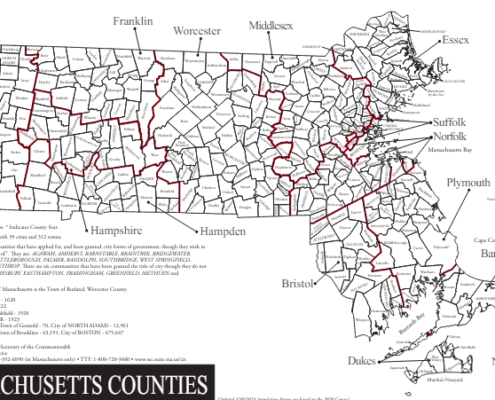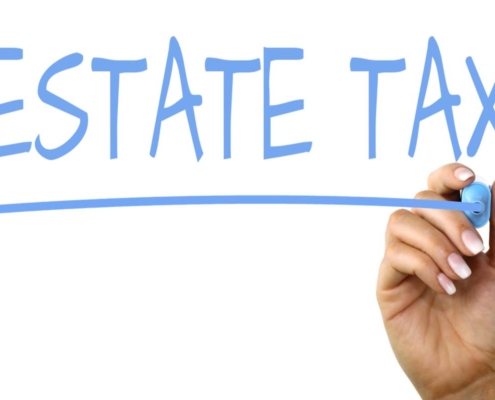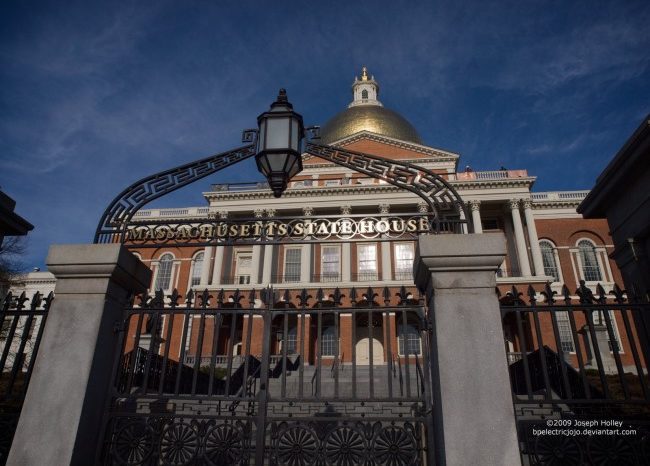Time to End MA State Legislature’s Exemption from Public Records Law
/0 Comments/in Better Government, Featured, Press Releases, Press Releases: Government, Transparency /by Editorial StaffThe purpose of transparency laws is to promote more effective, accountable and responsive government. Engaged citizens are essential for our form of government to thrive over the long-term. According to the Secretary of the Commonwealth of Massachusetts, “the founding fathers of our nation strove to develop an open government formed on the principles of democracy and public participation. An informed citizen is better equipped to participate in the process.” Yet, despite this paramount need for the long-term health of the Commonwealth, our transparency laws remain deeply flawed.
The Public Records Law expressly states that the law “shall not apply to the records of the general court” Meaning the state legislature “exempted” itself from a most important law. Although the Supreme Judicial Court upheld the application of the legislature’s blanket exemption, it has never ruled specifically on the constitutionality of the provisions. We at Pioneer Institute believe the legislature’s exemption to this law is unconstitutional. The legislature’s exemption from public records law undermines the rights reserved to the people in the state Constitution and makes it impossible for citizens to uphold their end of the bargain by being engaged in the democratic process.
Read our Public Testimony, delivered by Mary Connaughton, Pioneer’s Director of Government Transparency, on May 4th, 2018 before the Special Legislative Commission on Public Records.
Recent Posts:

We Have a Long Way to Go for Massachusetts Residents to Have the Government Transparency We Deserve

Poll: State Voters Overwhelmingly Support Ending Public Records Exemption, Auditing the Legislature

Average Weekly Wages of Healthcare Workers Across a Decade

Massachusetts’s Debt and Liability in 2023

The Largest Groups Driving Massachusetts’s Migration

Highest Paid State Employees in Massachusetts

Understanding the Trends in Massachusetts’ Sin Tax Revenues

Increasing Number of Retirees Driving Pension Expenditures

Where Does Massachusetts’ Pension Money Go?

Average Weekly Wage Change for two Massachusetts Counties with Differing Densities

Suffolk County Residential and Commercial Taxation Changes Since 2018

An Evaluation of 340B in Massachusetts

Migration to Massachusetts in 2022: Where Are People Going?

Disparities in LIHTC Data Illuminate Difficulties in Housing Production

Examining the New Massachusetts Estate Tax

Massachusetts is Losing Thousands of Taxpayers a Year. Where Are They Going?

At a Glance: Who Moved to Massachusetts in 2022?




